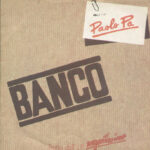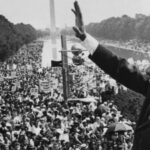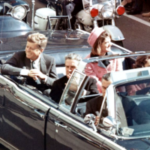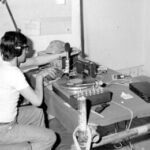November 28, 2024 Hidden history, Music, The dark side of Chess
A constant dilemma between carnality and history.
One Night in Bangkok (1984). Lyrics always between double meaning and ambiguity
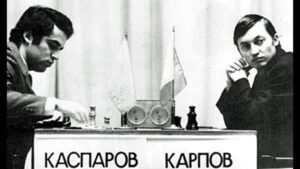
In early November 1984, about a month and a half after the start of the first world title match between Karpov and Kasparov, a decidedly original song entered the English charts and soon became very famous throughout Europe, not least because it was part of the soundtrack to a much-anticipated musical in London that told a decidedly unusual story by the standards of the time.
Its performer was well known in England but completely unknown on the rest of the continent, while the two authors, Benny Andersson and Björn Ulvaeus, were known worldwide as two members of the Swedish musical group ABBA, which broke up in 1982.
I am of course talking about One Night in Bangkok, taken from the soundtrack of the musical Chess and sung by Murray Head.
The musical Chess was (at least on the surface) nothing more than a huge metaphor on the theme of the Cold War, and it told of a hypothetical match between a Russian and an American (just like the one in 1972 between Spassky and Fischer), played in Bangkok, the capital of Thailand and a city symbolic not only of art, culture and beautiful natural scenery, but also of lust, pleasure and damnation.
In short, a place where the world champion could lose his concentration, not only in the bars and massage parlors, but also in the venue where the match took place.
The song’s lyrics always hover between double entendre and ambiguity, not so much about the Cold War, but rather the contrast between the seemingly serious and austere world of chess and a reality (at least for Bangkok) of sensuality and temptation :
You’ve seen one crowded, polluted, stinking town
Tea girls, warm and sweet (Warm, sweet)
Some are set up in the Somerset Maugham suite
Get Thai’d! You’re talking to a tourist
Whose every move’s among the purest
I get my kicks above the waistline, sunshine
And although the protagonist states that he favors cerebral fitness over muddy old sacred rivers or recumbent Buddha statues…
Since the Tyrolean Spa had the chess boards in it
All change, don’t you know that when you
Play at this level, there’s no ordinary venue?
It’s Iceland, or the Philippines, or Hastings, or
Or this place
…the chorus tells of a continuous dilemma between carnality and history.
It’s very easy to fall into kathoey.
One night in Bangkok and the world’s your oyster
The bars are temples but their pearls ain’t free
You’ll find a god in every golden cloister
And if you’re lucky, then the god’s a she
I can feel an angel sliding up to me
Obviously, One Night in Bangkok encountered considerable problems in Thailand, where it was censored not only for its lyrics, but especially for the way in which Murray Head seemed to mock sacred rivers, temples, and other elements of Thai reality, including the use of the name Siam and the reference to Yul Brynner, who had played the King of Siam in another musical and in the subsequent movie The King and I.
But if you dig deeper, you can easily see that the real explanation of the text is definitely much more esoteric.
I will discuss this much more in depth in the coming days, when I will begin to address the very delicate (and very complicated) connection that has always existed between the game of chess and Kabbalah (exclusively at very high levels, of course), and the enormous influence that the latter has had on the unfolding of the various world championship matches that have taken place throughout history, especially the matches between Karpov and Kasparov.


